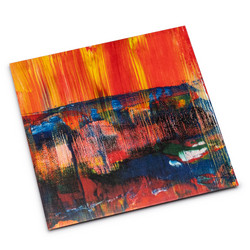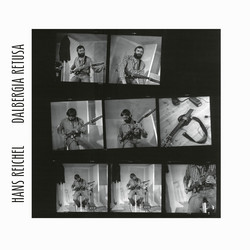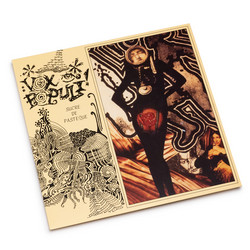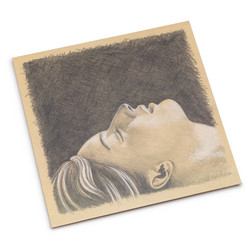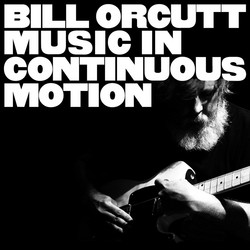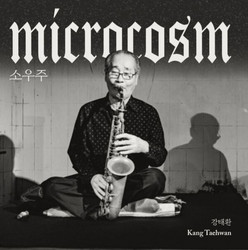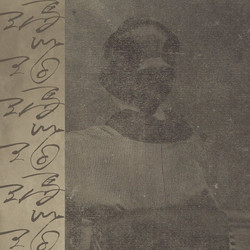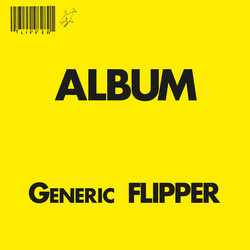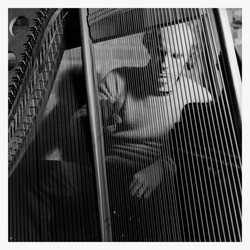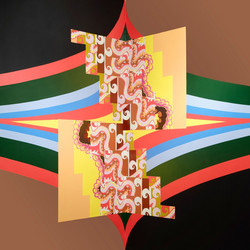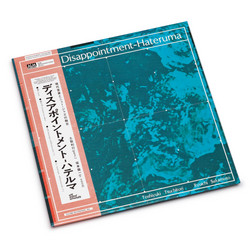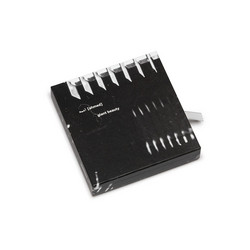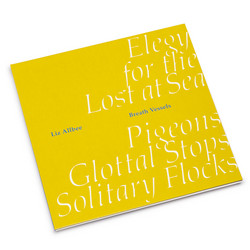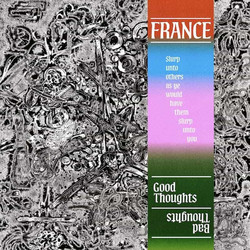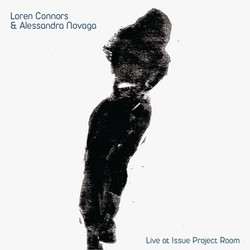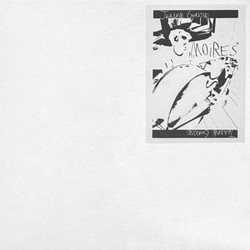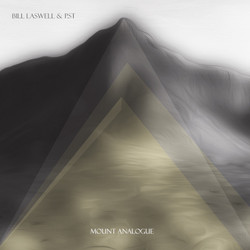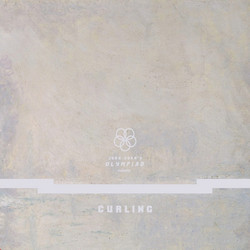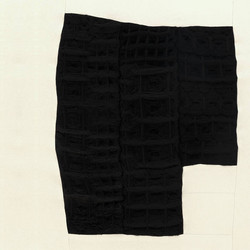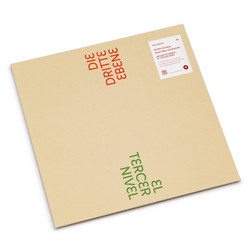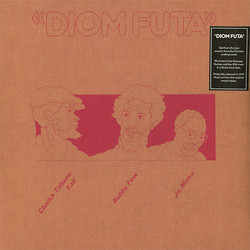1
2
3
4
5
Nakara Percussions
Nakara Percussions (LP)
Killer! Within the history of efforts dedicated to percussion, Nakara Percussions’s 1984 lost marvel LP stands apart. A singular work, made remarkable by the
diversity and range of its sonorities and structures. From
the delicate pulse of nature, deep resonances and carefully placed tone,
intricate structures and tempos as slow as they go, across its movements
the album rewrites how composition for percussion should be understood,
before giving way to consuming and ecstatic rhythms which reference the
Brazilian tradition of Batucada, various trance
and ritual traditions of Africa, and drum solos from
Free Jazz and Avant-Garde. This is as good as percussion records get: the throbbing pulse of
creative joy, distilled onto two sides of wax. First time reissue of this cult French private press rarity at the intersection of jazz, percussion and experimental sounds.
“Hypnotic percussion tracks and organic soundscapes drawing on African, Asian, Indian & South American traditions, recorded deep in the French countryside in 1984.” Founded by long-time friends Gerard Kurdjian and Stéphane Olivier alongside compatriot Christian Berthier in 1983, Nakara Percussions was a trio from the south of France, fascinated with percussion instruments, rhythms and textures from across the world.
Steeped in Jazz and ethnographic recordings, the trio designed and built their own instruments and played across the South of France throughout the 80s, recording a single album in the tiny village of Alliens in 1984. Self-produced and mainly sold at gigs, the record reflects the inquisitive, experimental approach of the group and has become a cult album among DJs and music lovers for its blend of complex rhythms and organic soundscapes, taking in everything from Brazilian batucada to Indian tabla rhythms by way of West African thumb pianos and the drums of the Maghreb.
“Hypnotic percussion tracks and organic soundscapes drawing on African, Asian, Indian & South American traditions, recorded deep in the French countryside in 1984.” Founded by long-time friends Gerard Kurdjian and Stéphane Olivier alongside compatriot Christian Berthier in 1983, Nakara Percussions was a trio from the south of France, fascinated with percussion instruments, rhythms and textures from across the world.
Steeped in Jazz and ethnographic recordings, the trio designed and built their own instruments and played across the South of France throughout the 80s, recording a single album in the tiny village of Alliens in 1984. Self-produced and mainly sold at gigs, the record reflects the inquisitive, experimental approach of the group and has become a cult album among DJs and music lovers for its blend of complex rhythms and organic soundscapes, taking in everything from Brazilian batucada to Indian tabla rhythms by way of West African thumb pianos and the drums of the Maghreb.
Details
Cat. number: KOS001
Year: 2019
